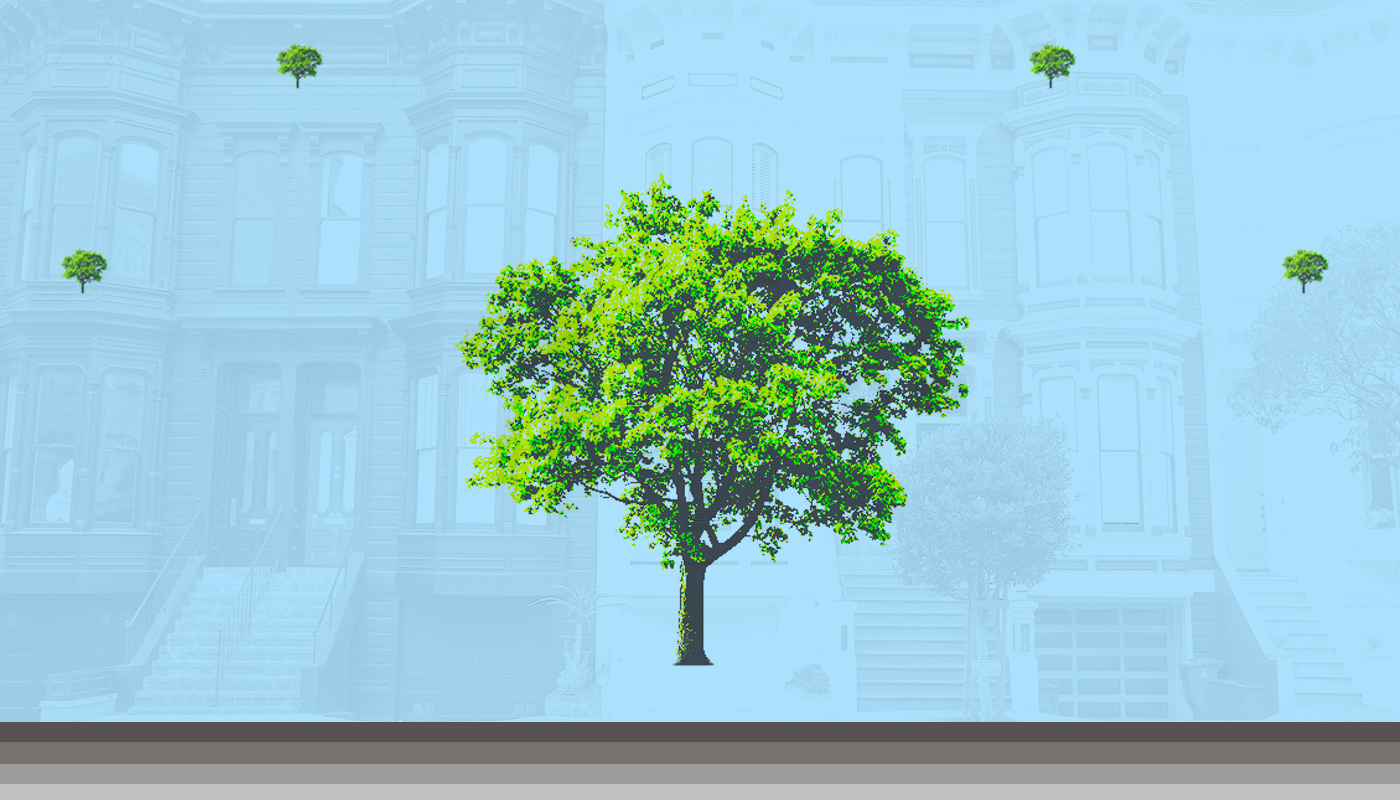Spring is here . . . or is it? Hard to know whether to swap your coat for a lighter jacket or not nowadays. Luckily poetry is suitable for all seasons. This month I am commenting on Ye Mei’s “Anniversary”, featured in Issue 3 of our magazine and translated by Judith Huang. I chose this poem because of how mysterious it is, as well as because of its spirituality towards the end.
Both the original text and its English translation read quite directly in the initial part. Still, there are minor details here and there that I always like to notice.
窗外的楼群每天固定着自己的形状
Outside the window, the towers determined their own shapes every day
Strictly speaking, 楼群 (lóuqún) means “building complex” or “cluster of buildings”. However, that would not work well within this line, so it has been rephrased to what those buildings really are, first and foremost—towers. This approach to words as units that are subject to a hierarchy of meaning is particularly useful in literary translation. In other realms of this trade, exact meanings are compulsory—think of a clinical research paper. In literary translation, however, and most particularly in poetry, it is about meaning as much as it is about maintaining the rhythm, style and cadence.
一些树木站立着,和人一样
Some trees stood, like people
有风时摇动,无风时发呆
Shaking when there was wind, standing mute when there wasn’t
I like how Huang translated 发呆 (fādāi, “stare blankly”, “be stunned”) as “standing mute”. In the English text it builds contrast as an opposite to the dynamism implied by 摇动 (yáodòng, “shake”).
这些风景并非什么也不表达
It’s not true that these scenes express nothing
并非只是一种灰色和冷漠的存在
Are just a grey and indifferent presence
Again, notice how 并非 (bìngfēi, “really isn’t”) is present in both lines, however the English text makes the second one elliptical. Again, these are choices made to preserve the original, and there is not necessarily a single way to go about it. Huang deemed that the second 并非 would be redundant. I agree with this, and yet my own line would probably have been: “(…) that they are just a grey and indifferent presence”. Some other translator might disagree entirely and use 并非 twice.
一定在某个夜晚
On a certain night
一个辽远的她就会来
A woman must arrive from afar
I feel like most of my columns address the differences between the way things are expressed in Chinese and English. And they do because it is truly beautiful to notice them. What we read as “must” in the English version is actually the 一定 (yīdìng, “certainly, surely”) right at the beginning of the first line. But also, there is this 一个辽远的她 (yīgè liáoyuǎn de tā)—“a distant she”, literally. This particular pattern you can find in other instances in the language. “When I was eighteen years old” can be expressed in two ways in Chinese: the informal, more literal 当我十八岁的时候 (dāng wǒ shíbā suì de shíhòu), but also the more literary 十八岁的我 (shíbā suì de wǒ), “the I who was eighteen years old”. How cool is that?
向前,宽恕降生
Move forward, and forgiveness is born
再向前,去赞扬万物里的永生。
Move forward again, and praise the eternal life of all things.
These are definitely my favourite lines in the entire poem, because they feel to me as a heartfelt call to spiritual action. I think Huang’s translation helped me understand it like that—there is this command (向前, xiàng qián) to “move forward” so that forgiveness (宽恕, kuānshù) will be born (降生, jiàngshēng). Move forward again, urges Ye Mei—by the way, notice how repetition is indeed necessary here!—and praise the eternal life of all things. Not a bad mantra to live by.
I hope you have enjoyed reading this poem in full detail. If you still want more, go find yourself a copy of Issue 3 . . . and be sure to stay tuned for the next column!

周年
雾气消散的一天
冬天就在体内消失
有人已不再年青,但也没更老
窗外的楼群每天固定着自己的形状
一些脚步进进出出
一些树木站立着,和人一样
有风时摇动,无风时发呆
这些风景并非什么也不表达
并非只是一种灰色和冷漠的存在
海口没有索菲亚,没有栖息塔尖的鸽群
并非聊胜于无
南北之差并非是来自气候
一定在某个夜晚
一个辽远的她就会来
夜晚的双人床像停电一样通体明亮
日子在身上重新发芽
它会叫人别管童年
宽恕过去青春的无知和罪
向前,宽恕降生
再向前,去赞扬万物里的永生。
Anniversary
The day the fog dissipated
Winter disappeared in the body
Some people were no longer young, but were no older
Outside the window, the towers determined their own shapes every day
Some footsteps walked in and out
Some trees stood, like people
Shaking when there was wind, standing mute when there wasn’t
It’s not true that these scenes express nothing
Are just a grey and indifferent presence
Haikou city has no Hagia Sophia, has no flock of pigeons on its spire
It’s not true that something is better than nothing
The difference between north and south is not just about climate
On a certain night
A woman must arrive from afar
The shine from the night’s double bed as complete as a power failure
Day in the body sprouts again
It will tell us to ignore childhood
Forgive the ignorance and sin of youth
Move forward, and forgiveness is born
Move forward again, and praise the eternal life of all things.

Ye Mei 叶美 was born in Tailai county in Qiqiha’er and began writing in 2004. The recipient of Peking University’s Weiming poetry prize, her poetry collections include Portrait of a Butterfly and Anniversary. She has also translated literature from English, including works by WH Auden, Czeslaw Milosz and Helen Vendler. She contributed to the translations for African Poetry Selection: No Serenity Here and was the translator of the Milosz collection Issa Valley. She currently lives in Beijing.
Ana Padilla Fornieles 林诗安 is a Spanish writer and translator currently based in Beijing. Her work in both fields has been featured in Womankind magazine, The Shanghai Literary Review, Spittoon Literary Magazine, 聲韻詩刊 (Voice & Verse Poetry Magazine) and the Spanish website China traducida y por traducir, and her comics have been featured in the Shanghai zine Shaving in the Dark. She is a moderator for the feminist book club Our Shared Shelf and a regular contributor to Spanish cultural magazine Le Miau Noir. You can follow her on Instagram @holdenslake.
